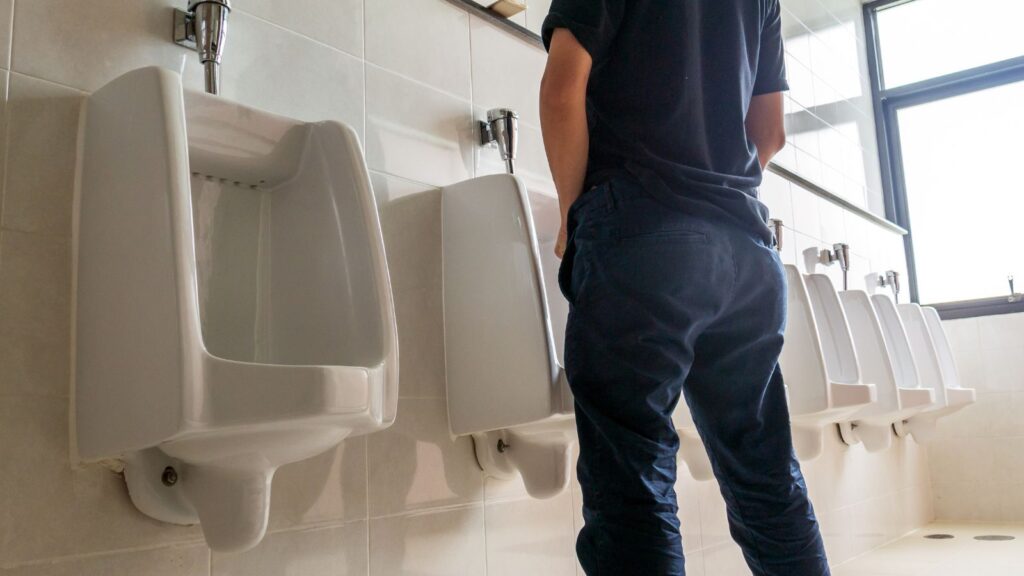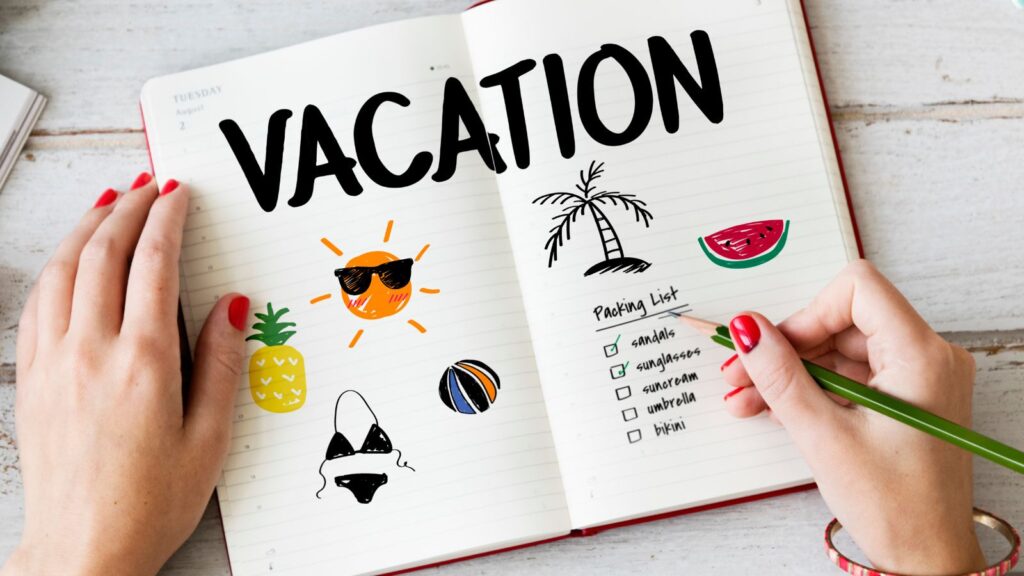As humans, we tend to assume that whatever is normal for us is the same for everyone including those in foreign countries. When traveling around the world, people quickly find out that what they take for granted as free isn’t free on a global scale. These are common or not-so-common sense things that cost money or don't cost, for use.
Healthcare

When Americans travel overseas, they are often shocked that most countries shoulder the burden of healthcare collectively. Healthcare continues to be an enormous problem in the United States on a pay-per-service level. Many wonder how other countries can provide it and wish that they had that advantage in the US.
Beaches

Most public beaches in the United States are free for use. Some people might have to pay for parking access but the public walkways leading to the beaches are wide open and free. Other countries do not allow their citizens or visitors free rein to use public beaches without charge. The money collected goes to maintenance and paying for staffing.
Public Housing

Those visiting the Netherlands might be pleasantly surprised that there are free cottages paid for by the government that people can use free of charge. Although they don’t come with things like WiFi and other amenities, hundreds are free for use. Try to find that in the United States! If you are going to take advantage also be warned they don’t supply electricity or running water, so it’s more like camping.
Disposing of Trash

In India, disposing of trash is an individual problem, and in the United States, people take care of their garbage according to the rules that surround their homes and offices. In Switzerland, garbage is state-sanctioned meaning that it is collectively paid for and taken care of at a government level.
Public Museums

In the United States, public museums are largely free. Although most people don’t know, admission at the door is often a “donation” that is not required. In most other countries, however, museums not only have admission, but the admission is expensive. So make sure you bring your wallet to see other country treasures and history.
Sitting at a Table

In America, most eateries and establishments are free to sit at. The expense is based on what you order while sitting down. In Italy, however, there is a table charge just for being seated. That is why it is not unusual to see Italians taking their coffee standing in coffee shops around Italy.
Higher Education

United States citizens are granted the right to a free public education from kindergarten to twelfth grade. Any extra education such as trade school or college is at the individual expense. In Argentina, higher education is free for citizens. The free admission isn't based on any financial hardship or scholarships of merit. Once more, Argentina's public and free colleges are considered among the best in the world.
Toilets

Most toilets in the United States are free whether that means being attached to an establishment or public dwelling. While Argentina might offer its citizens free access to colleges, they can’t afford the same free cost for their bathrooms. If you use a bathroom, it is customary to pay the janitors who monitor the bathroom.
Water

When you sit at a restaurant in the United States, you just assume that water is free of charge. That would be a mistake in other countries like Europe. Germany and other European nations will usually ask if you would like mineral or still water, but either way, you are going to get charged for it.
Parking

In most major cities in the United States, parking is an issue because Americans tend to use their own transportation more frequently than public transportation. That leads to a parking headache for many as well as paying out of pocket. In Greece and other overseas countries, there is no charge for a parking space. High demand and low supply often drive the cost of parking in cities higher according to competition for spots.
Trolleys for Bags

Trolleys used for bags at the airport are a great saver for many, but they are not universally free around the globe. In India, you can use a trolley and load up as many bags as you would like. The same is not true, however, for many other airports internationally where you had better have coins or you’ll be stuck lugging your things around by yourself.
Free Refills

It is customary in many restaurants in America to have free refills on fountain sodas, but the same is not true when you travel overseas. The cost of soda is not only more expensive, but you also don’t get to refill without paying.
Condiments

When traveling abroad, you want to take in the many different tastes from around the world, but that doesn’t mean you don’t want to add a little bit of American taste to it. In many countries around the world, you can’t just get ketchup and mustard, and if you can, it will cost you. Many dipping sauces might be available, but the mainstays that are on every table in America will most likely not be found when traveling abroad.
Vacation

Vacation is not as big of a part of the American way of life as it is in other cultures. Americans see vacation as a perk that not everyone can afford. According to a report in the Boston Globe from 2014, nearly 25% of employees in the United States work without any time off. Other nations not only see vacation as a must but they also get paid up to 28 days or more to rejuvenate.
Parental Leave

America just started to recognize the importance of both parents taking time off instead of just having maternity leave. European countries such as Greece, Bulgaria, Croatia, and the UK give parental paid leave, although each country varies. In the US, only some states have an active policy for parental time off or a required minimum.
Baby Supplies

Not only do other countries have parental paid leave, but in Finland, they also get other perks like a cardboard box that comes straight from the government. The box serves as a first-time bassinet and it has everything a new mother needs like bathing products, sleeping pads, bedding, and diapers.
Daycare

The average cost of full-time daycare can be anywhere from $972 to $1500 a year in the United States. Other countries cover the cost of daycare for their residents. In Finland, Denmark, and South Korea, governments pay most of the cost of daycare. Some even include payments for those who choose to stay at home.
It's Easy to Take Advantage

As humans, we assume that our frame of reference matches everyone else, but when people travel overseas, they quickly see the differences from one country to the next. Many of the things we take advantage of aren’t free in other countries, and likewise, many of the things we pay for, are free elsewhere.
18 Behaviors Branded as Low-Class by Society

18 Behaviors Branded as Low-Class by Society
18 Reasons Gen Z Believes They Should Be Paid Without Working

18 Reasons Gen Z Believes They Should Be Paid Without Working
18 Ways Parents Raise Failed Adults

18 Ways Parents Raise Failed Adults
18 Work Practices Millennials & Gen Z Refuse to Accept

18 Work Practices Millennials & Gen Z Refuse to Accept
23 Personal Topics You Should Never Share With Others

